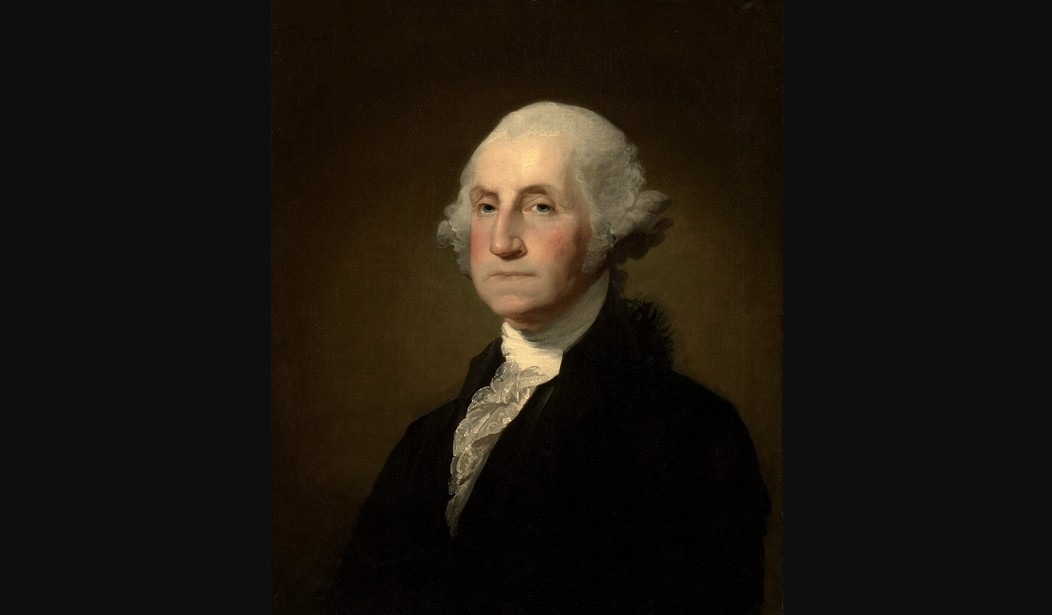Happy Easter! At America’s inception, though no state religion was established, many of the Founders thought of America as a Christian nation. And, of course, the celebration of Christ’s Resurrection is at the center of Christians’ faith.
The Founding Fathers belonged to many different Christian denominations and churches, from Episcopalian to Catholic to Unitarian to Congregationalist, but they agreed that Biblical principles and morals needed to be the foundation of our nation. And one cannot have Christianity without Christ’s Resurrection and the hope of our own resurrection.
The following prayer was found in the journal of George Washington, the commander of the Revolutionary Army, the first U.S. president, and the “Father of his country”:
Oh, eternal and everlasting God, direct my thoughts, words and work. Wash away my sins in the immaculate blood of the Lamb and purge my heart by thy Holy Spirit. Daily, frame me more and more in the likeness of thy son, Jesus Christ, that living in thy fear, and dying in thy favor, I may in thy appointed time obtain the resurrection of the justified unto eternal life. Bless, O Lord, the whole race of mankind and let the world be filled with the knowledge of thee and thy son, Jesus Christ.
It is a beautiful prayer, one which all of us could join in saying, expressing our faith and asking for mercy just as Washington did hundreds of years ago.
Furthermore, the Bible verse (John 11:25-26) inscribed in Washington’s tomb, over the sarcophagi of George and Martha, is Christ’s promise of eternal life and the first president’s affirmation of his belief in the Resurrection: “I am the resurrection, and the life: he that believeth in me, though he were dead, yet shall he live: And whosoever liveth and believeth in me shall never die.”
Signer of the Declaration of Independence and the U.S. Constitution Benjamin Franklin once composed an epitaph for himself, many years before his death, that refers to the resurrection of the body. As Christ once rose, so all those who believe in Him will rise too at the last day (Jn. 5:28-29, 1 Cor. 15:52). The epitaph is a little satirical, like so much of Franklin’s work, but also expresses his belief in life after death by comparing God to an author and himself to a book:
The Body of
B. Franklin,
Printer;
Like the Cover of an old Book,
Its Contents torn out,
And stript of its Lettering and Gilding,
Lies here, Food for Worms.
But the Work shall not be wholly lost:
For it will, as he believ’d, appear once more,
In a new & more perfect Edition,
Corrected and amended
By the Author.
Finally, the following quote about Jesus’s Resurrection is attributed to Benjamin Rush, a signer of the Declaration of Independence, a delegate to the Continental Congress, and surgeon general to the Revolutionary Army:
He forgave the crime of murder on His cross; and after His resurrection, He commanded His disciples to preach the gospel of forgiveness, first at Jerusalem, where He well knew His murderers still resided. These striking facts are recorded for our imitation and seem intended to show that the Son of God died, not only to reconcile God to man but to reconcile men to each other.
Like the Founders, let us take this Easter Sunday to meditate on the Resurrection of Jesus Christ and how we, too, if we are faithful, can one day rise again to eternal life.










